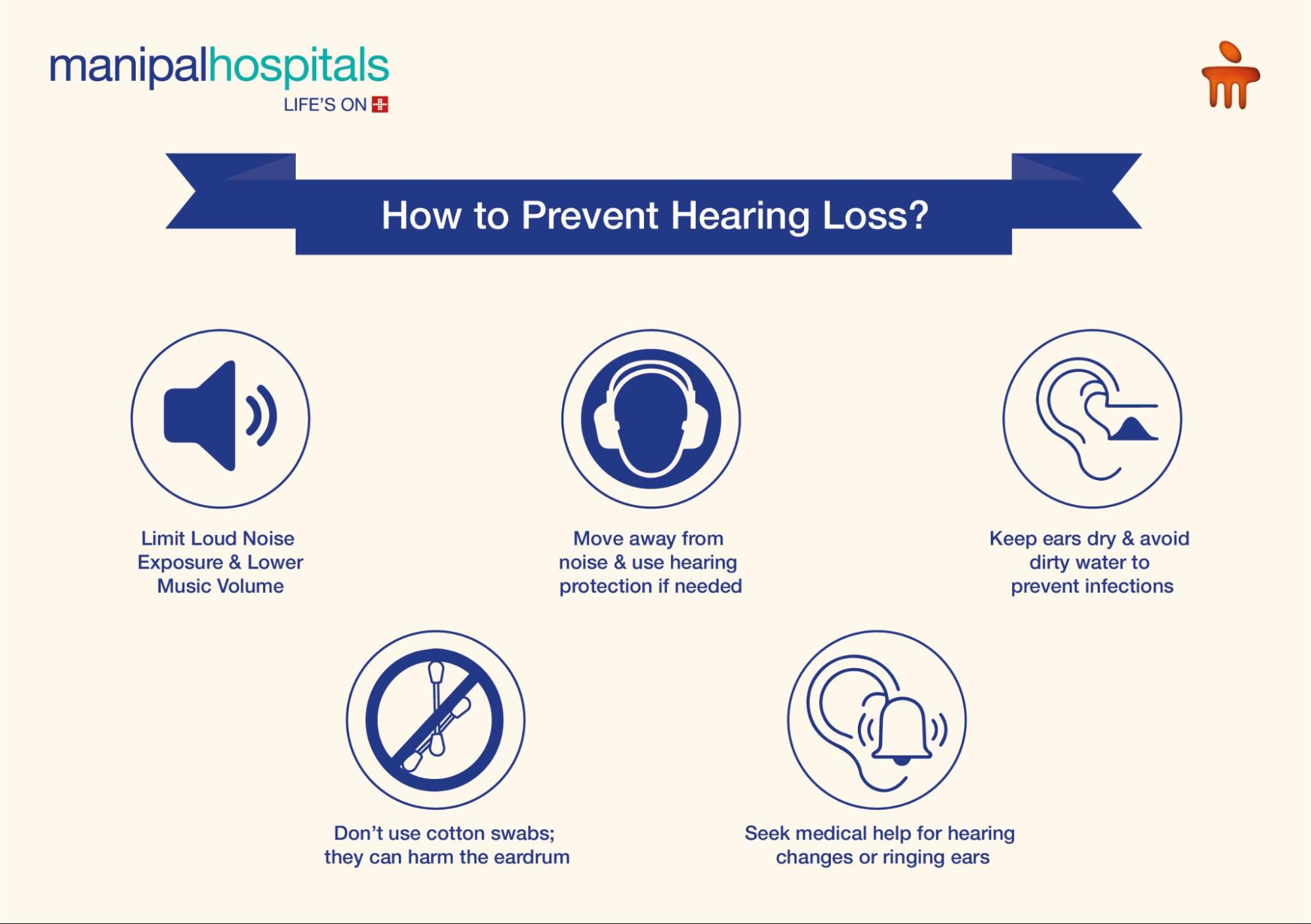Every year on 3 March, World Hearing Day is observed to raise awareness about preventing hearing loss and deafness, along with promoting ear care worldwide. Hearing loss is the third-largest global health issue. According to the World Health Organisation (WHO), over 5% of the world's population needs rehabilitation for disabling hearing loss.
World Hearing Day aims to unite people with hearing loss and encourage proper ear care by raising awareness about its prevalence, causes, diagnosis, and treatment. It also advocates for better access to affordable hearing care, enhanced early detection programs, and stronger hearing protection measures. Hearing Awareness Week (March 1-7) promotes inclusion and empathy for people with hearing difficulties.
Synopsis
Theme for 2025
Each year, the World Health Organisation and its partners organise activities focused on a specific theme for World Hearing Day. The theme for 2025 is “Changing Mindsets: Empower Yourself to Make Ear and Hearing Care a Reality for All.” This theme encourages proactive steps for hearing health. It aims to challenge misconceptions and reduce stigma surrounding hearing loss and ear diseases, empowering individuals to take action in prevention and care.
This important awareness day highlights the need for self-advocacy in hearing health, promotes respect for those with hearing loss, and discourages any form of discrimination against them.
Contributing Factors to Hearing Loss
-
Maternal infections - Rubella and syphilis
-
Low birth weight
-
Unsuitable intake of drugs such as aminoglycosides, cytotoxic drugs and diuretics during pregnancy
-
Severe jaundice during the first few weeks after birth
-
Consanguineous marriage
-
Infections such as meningitis, measles, and mumps
-
Chronic or long-term ear infections
-
Head or ear injury
-
Exposure to extreme noises from machinery, explosions, etc.
-
Degeneration of sensory cells due to ageing
When to Consult a Doctor?
Kindly consult an ENT specialist if you experience these symptoms:
-
Needing to increase the volume of the TV or radio
-
Often asking others to speak more slowly, clearly, or loudly
-
Trouble hearing certain consonants in speech
-
Difficulty understanding words in noisy environments or crowds
-
Speech and other sounds seem muffled
-
Sensitivity to background noise
-
Avoiding social situations due to hearing difficulties
-
Ringing in the ears (tinnitus)
Treatment Options for Hearing Loss
-
Removing Ear Wax: In certain cases, ear wax build-up can be the cause of hearing loss. Earwax removal is a simple and effective procedure for this problem. Your doctor can remove excess earwax with a curette or suction.
-
Hearing Aids: For managing mild to moderate hearing loss, hearing aids are used. These devices employ a microphone, amplifier, and speaker to enhance sound and improve hearing.
-
Cochlear Implant: A cochlear implant, also known as a "bionic ear," is a life-changing device for people with severe to profound hearing loss. When the inner ear is damaged or underdeveloped, this technology bypasses the damaged sensory hair cells and directly stimulates the auditory nerve. It sends sound signals to the brain, helping restore hearing.
-
Bone-Anchored Hearing Aids (BAHA): BAHA is effective for patients with chronic ear damage. It uses an osseointegrated titanium implant to transmit sound directly to the inner ear through the skull, bypassing the resistance of skin and subcutaneous tissues.
Prevention of Hearing Loss

Following these steps can help reduce the risk of hearing loss:
-
Limit exposure to loud sounds
-
Lower the volume of the music systems
-
Move away from loud noise sources when possible
-
Use hearing protection if avoiding loud sounds isn't possible
-
Keep your ears dry and avoid swimming in dirty water to prevent infections
-
Avoid using cotton swabs or other objects, as they may harm the eardrum
-
If you notice hearing changes, like trouble understanding conversations or ringing in your ears, consult a doctor or audiologist immediately
Conclusion
Over 50% of hearing loss cases are preventable, and early detection is key to effective treatment and reducing its impact. World Hearing Day urges the community to take action to prevent hearing loss and safeguard their hearing health. As a society, we must make hearing health a priority and take proactive measures to prevent and manage hearing loss.
If you or a loved one is experiencing hearing loss, visit the ENT Department at Manipal Hospitals, Bhubaneswar.
FAQ's
Since 2007, the World Health Organisation's Office for the Prevention of Blindness and Deafness has observed World Hearing Day annually on March 3rd.
Be mindful by taking precautions in noisy environments to protect your hearing. Educate others by openly discussing hearing loss to help remove the stigma surrounding it. Promote hearing health by urging schools and organisations to prioritise it.
Cochlear implants benefit those who developed language before hearing loss and those with partial hearing. For children born deaf or losing hearing early, implants enhance spoken language development. Shorter deafness duration leads to better outcomes.
Currently, hearing loss is considered disabling if it exceeds 40 dB in the better ear for adults (15 years and older) or 30 db for children (birth to 14 years) without hearing aids.
You can schedule an appointment at the ENT Department at Manipal Hospitals, Bhubaneswar, by contacting us or visiting our website.
Visit: https://www.manipalhospitals.com/bhubaneswar/specialities/ear-nose-throat/
Contact no: 0674 666 6600



















 5 Min Read
5 Min Read














